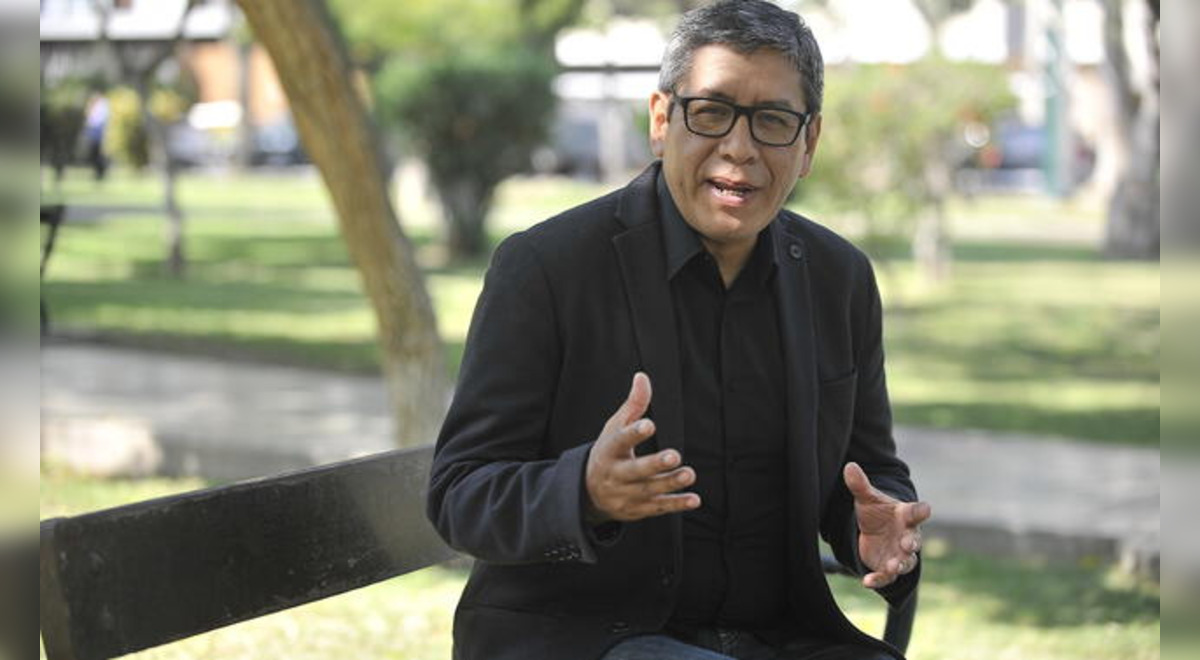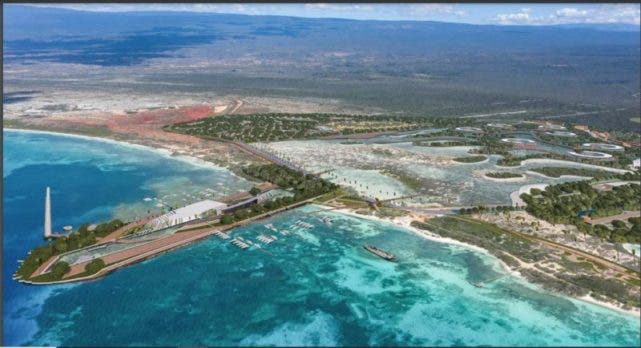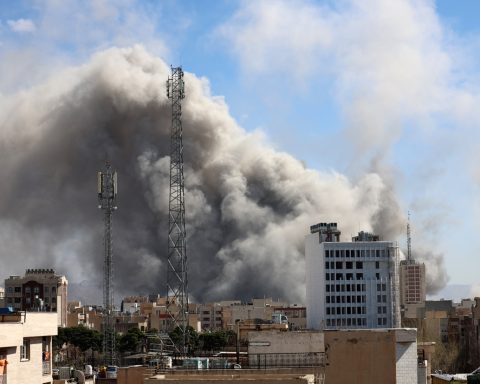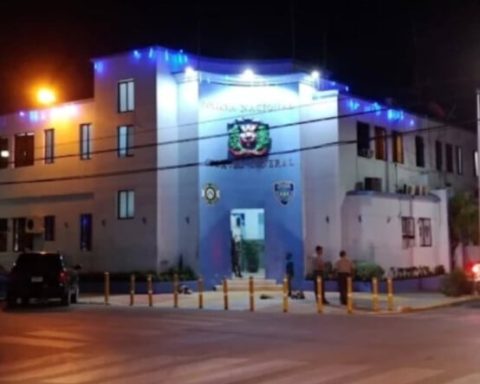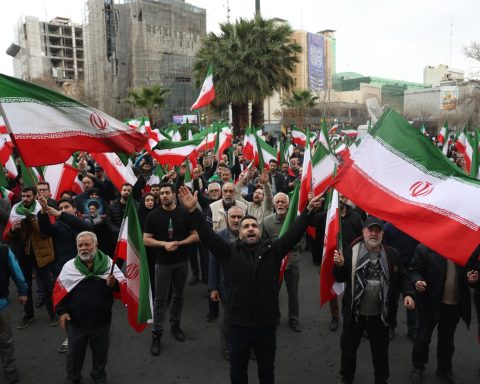The political scientist and Secretary General of Transparency analyzed the panorama in which Peru finds itself in the midst of protests and after neither of the two proposals to advance elections that were debated in Congress were successful.
After the rejection of the proposal to advance the elections by the Congress of the republic, there are fewer and fewer options for finding a way out of the crisis. In this scenario, the president Dina Boluarte He has shown his intransigence by stating that “his resignation is not an option” and the Legislature has made it clear that there are no intentions of reaching agreements in favor of the conclusion of a mandate for which, of course, the Executive has reiterated its intention to finish. To analyze this situation, the political scientist ivan lanegraSecretary General of Transparency, provides information on this situation.
—What is the panorama that remains in a situation like the one we find ourselves in? After this filing, there are no more opinions pending debate in plenary and the protests have not stopped.
“Undoubtedly, a very difficult situation. Congress has exhausted its chances to debate an early election. There is a project that the Executive has raised, but the problem is obviously no longer that a project is needed, the problem is that we have a Congress that is no longer capable of reaching minimum agreements, which after all end in neglect to the requirements of the country.
— This desire not to meet the requests of the protests comes not only from Congress, but also from President Dina Boluarte. Do you think that we will reach a situation in which, despite the protests, we will continue with the Government until 2026?
—You have to understand that it is she who has proposed a Government until December 2023. The Executive has already recognized that its possibilities of continuity are very limited. If this had not been the case, the proposal would not have been submitted for both next year and this year. In other words, there is already an acknowledgment that this weakness exists. They have recognized and acted accordingly. The problem is that the vast majority of Congress are people who can finally escape responsibility and the consequences of the crisis. They are not subject to being held accountable, so they act in a way that is more disconnected from the demands of the country. And that seems to me a very unfortunate situation.
—Will we continue with this situation in which Congress no longer has the ability to agree until the end of their mandate?
—As I told you, they have already recognized that they do not have the capacity to solve this situation. What is there is a kind of political incapacity. It is like, and one hears a lot in the literature, “a serious problem of governability in the country” in the sense that, even with the will of some actors and even with an agreed recognition that the rudder should be moved in one direction , the entire set of legal mechanisms that govern Congress do not pay attention.
There is a structural inability in Congress, including an inability of the people themselves, because we must remember that the same thing happened in previous periods. Congressmen are also forced to make decisions in extreme conditions because they let time pass without knowing it was a latent urgency. But when the situation literally knocked on the door, at that moment a decision had just been made that, if it had been made at the time, would have avoided very negative consequences.
It is already a structural problem of the political representation of this country and it will surely continue because the conditions have not changed. What is known is that this Congress no longer has many options. They have stretched urgent things that they had to do.
—There is also the way out of Dina Boluarte resigning, she has already denied it on several occasions, but how conceivable can this scenario be?
—It happens that what is under discussion is not the will of the president to leave power because the president already said that she is demonstrating with a bill. She no longer wants to stay beyond December of this year. So, she is a president who, at least in specific terms, has proposed a law in which she no longer envisions staying until 2026. What is under discussion is how fast this president will leave. Some want the exit to be until July 2024, then April 2024 was raised, then in December of this year.
If a resignation occurs, it would effectively be an advance of an already expressed will. So, of course, the political conditions that exist in the country can lead to a situation that makes it more likely that the exit will eventually happen, but, the truth is, the problem is that we don’t know what else has to happen for something to happen. that’s how it ended up happening. We are also not clear what kind of consequences that situation would bring.
